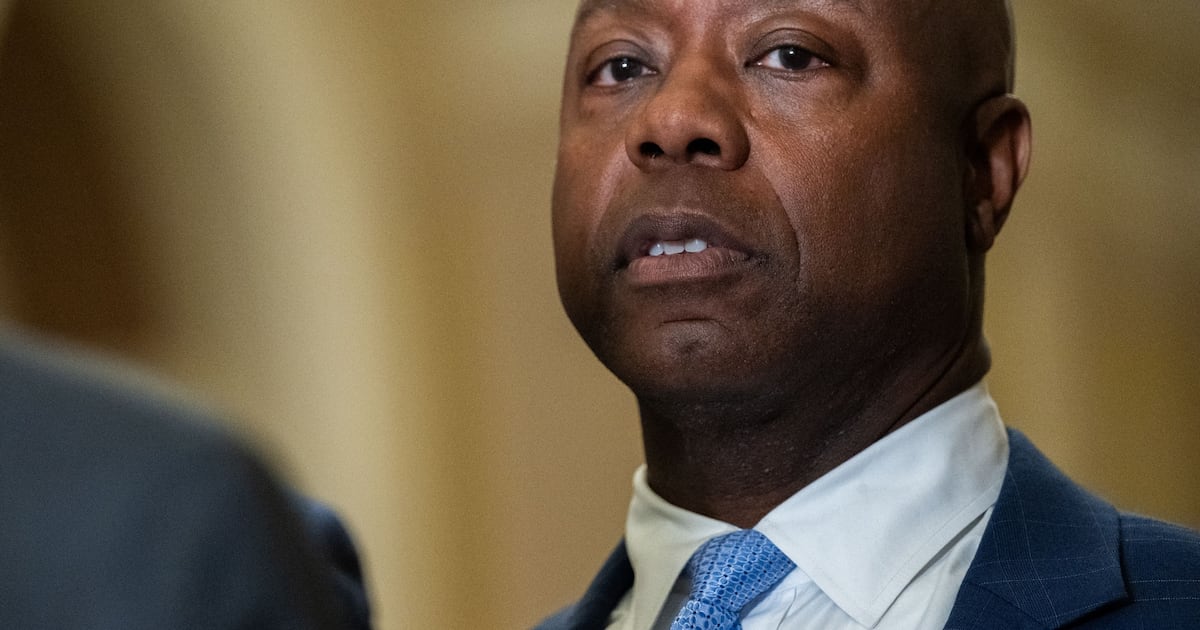Senate Republicans Introduce Draft Bill to Exempt Some Crypto Assets from SEC Rules
Senate Republicans released a discussion draft of the Responsible Financial Innovation Act of 2025 on Tuesday, proposing to exempt certain crypto assets from US securities laws, but lawmakers on the committee emphasize the measure would not create a loophole for major companies issuing equity on blockchains, a key concern among Senate Democrats.
Speaker’s Corner: “We cannot allow regulatory confusion to continue driving American innovation overseas…[Senator Cynthia Lummis, Republican, Wyoming]“
During a hearing, Democratic Banking Committee Chair Elizabeth Warren criticized Republican market structure proposals, calling them a “back door to destroy the securities laws that have served as the bedrock of our capital markets for nearly 100 years.”
Key Regulatory Areas
The Banking Committee’s proposal exclusively concerns assets under its watch over the SEC. Expectedly, the Senate’s Agriculture Committee will release its own draft bill addressing crypto obligations to the Commodity Futures Trading Commission (CFTC).
This action follows the House of Representatives’ passage last week of the Clarity Act, which designates the CFTC as the primary regulator for the US crypto industry—a potential point of conflict.
Scope and Definitions
The draft bill classifies crypto assets broadly and introduces a new category called “ancillary assets,” which are explicitly excluded from securities classification.
According to the bill, ancillary assets are defined as “intangible, commercially fungible assets” sold via investment contracts but lacking any securities-like rights, such as equity ownership, dividend entitlements, or liquidation proceeds. On the authority of the SEC’s clarifying statements and its assessment that tokenization does not change an asset’s fundamental character, tokenized securities are considered securities.
The “Responsible Financial Innovation Act” imposes specific disclosure obligations on issuers of ancillary crypto assets.
Draft Bill Disclosure Requirements
If deemed an ancillary asset, a crypto issuer must provide semiannual disclosures covering:
- Issuer background: History of previous ancillary assets, leadership structure
- Business plan and finances
- Specific asset details: Supply, price, distribution, functionality, source code, etc.
- Insider sales
Loophole Concerns & Exemptions
Issuers raising less than $5 million in the first year of the asset’s trading, or with less than $5 million in average daily trading volume during that period, could potentially avoid these mandatory disclosures. Furthermore, issuers can seek decentralized status via self-certification to escape the filing requirement.
“If you’re someone angry that crypto doesn’t do SEC disclosures under CLARITY, congrats, this basically answers all your prayers.”
Doors to 2026?
In recent developments related to President Donald Trump’s priorities, he signed two bills last week: the Genius Act (regulating stablecoins) and, reportedly, the Companion Act. The latter appears to conflict directly with the Responsible Financial Innovation Act. Whether the Senate follows its own draft or aligns with the House-passed Clarity Act remains uncertain.
Senator Tim Scott of South Carolina, the Banking Committee Chairman, suggested September as the deadline, but pressures from a “busy congressional calendar” including a farm bill and defense authorization act have some analysts, like Solana Policy Institute President Kristin Smith, projecting legislation beyond traditional summer deadlines,” perhaps into early 2026.”











